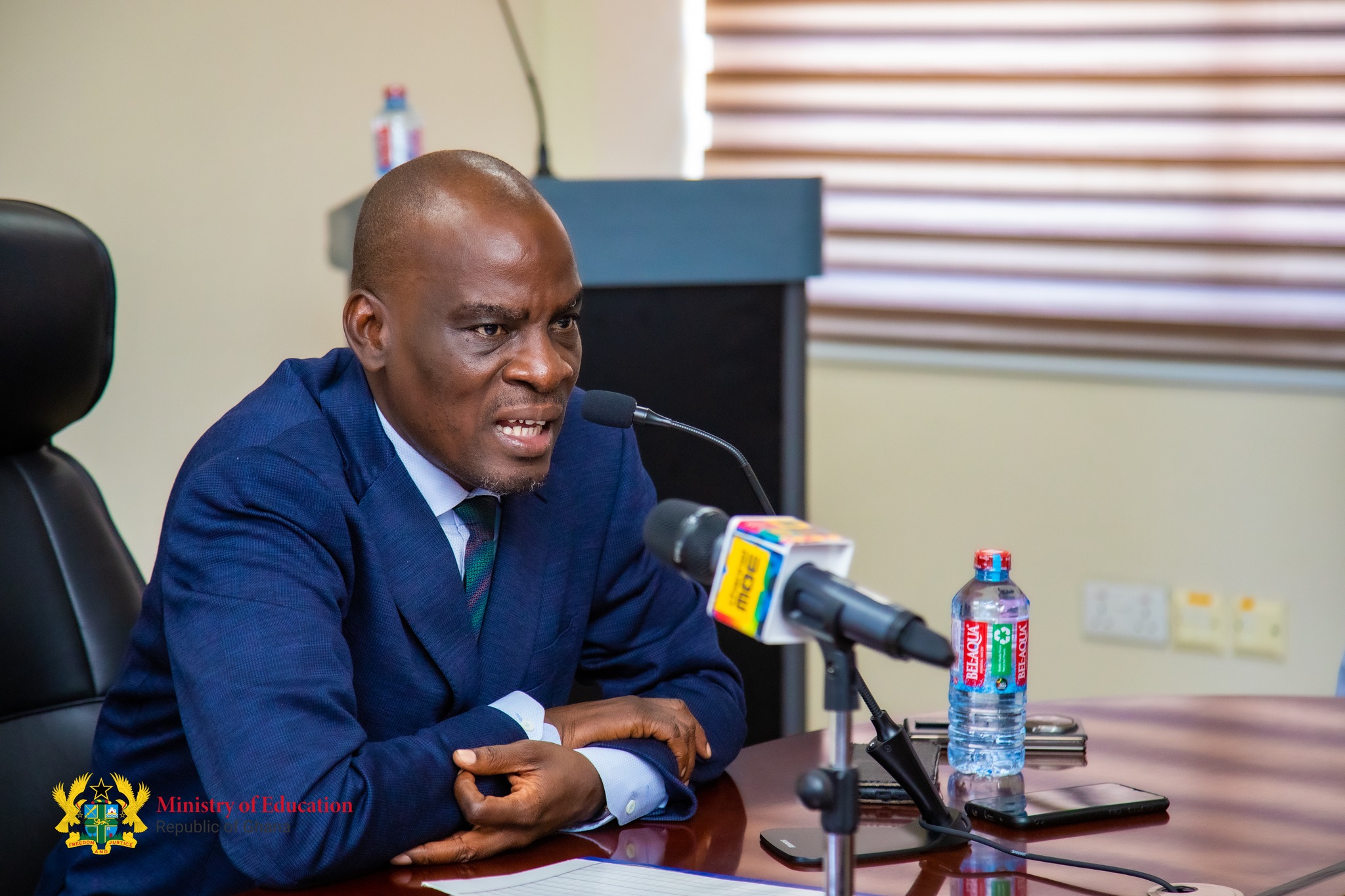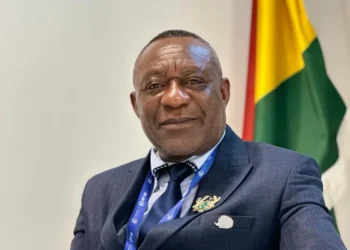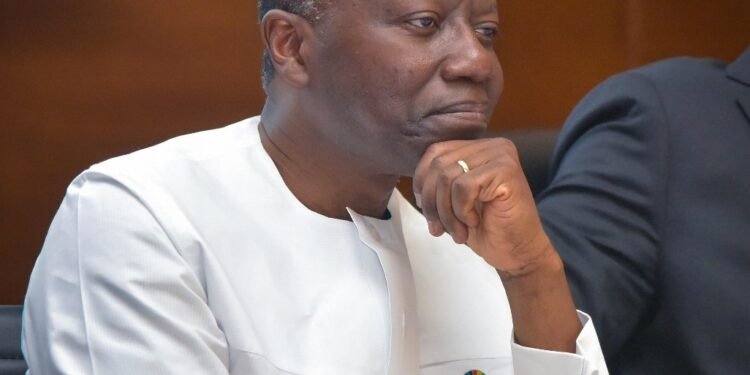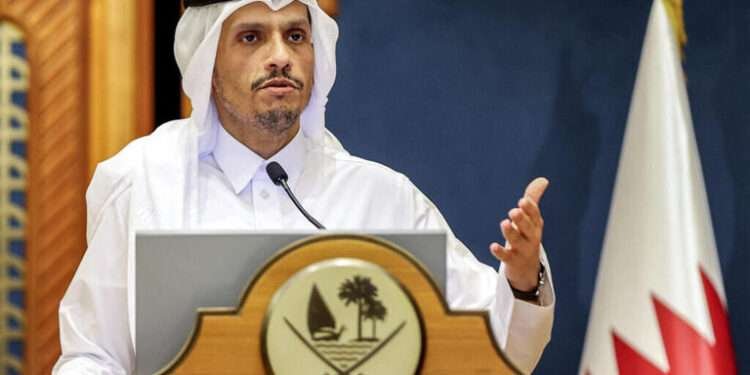The Conference of Heads of Assisted Secondary Schools (CHASS) has made a passionate appeal to the Minister for Education, Hon. Haruna Iddrisu, to initiate the creation of a special unit within the Ghana Police Service dedicated to safeguarding senior high schools (SHSs) across the country.
The call was made during a meeting in Sunyani, where CHASS highlighted growing concerns over security breaches and the rising tide of indiscipline among students.
This proposal underscores the unease among school heads who feel increasingly ill-equipped to manage the evolving security dynamics on their campuses.
According to CHASS, the current reliance on private security personnel is proving woefully inadequate.
These personnel, they argue, lack the requisite training, authority, and deterrent presence to maintain discipline and prevent potentially dangerous incidents.
“Security in our schools is no longer something we can take lightly. We need professional support to ensure that students not only feel safe, but also understand the boundaries of discipline”.
CHASS representative
The conference believes that the strategic deployment of trained police officers to critical entry and exit points of school compounds could significantly curb indiscipline and promote responsible student behavior.

Support for CHASS’s Call
The call from CHASS appears to have received support from some education stakeholders and policy commentators. Notably, Kofi Asare, Executive Director of Africa Education Watch, backed the proposal emphatically.
In a response, Kofi Asare reminded the public and authorities that he had made a similar recommendation in the past and emphasised the feasibility of implementing such a security reform.
“We need a police post in each Secondary School, or a unit that conducts rapid searches in all Secondary Schools. If we can afford one police officer for each of our 275 MPs, we shouldn’t haggle over 800 police officers to take care of 900 Secondary Schools with close to 1.5 million students and staff”.
Kofi Asare, Executive Director for Africa Education Watch
Kofi Asare’s remarks bring a critical perspective to the national conversation on educational reform and the management of school environments.

With over 900 secondary schools and an estimated population of 1.5 million students and staff, the scale of the challenge is massive—but so is the potential impact of a well-coordinated and professionally managed security solution.
Valid Concerns
The conversation also attracted the attention of Hon. Eric Edem Agbana, Member of Parliament for Ketu North, who acknowledged the validity of the concerns raised while offering a nuanced take on the issue.
While he questioned the relevance of comparing police presence in schools to the allocation of officers for MPs, he endorsed the broader idea of overhauling how discipline is managed within the education sector.
“Senior Kofi Asare, the reference to Members of Parliament may be irrelevant in this context, but you raised a valid and important point about the need to address indiscipline in our schools”.
Hon. Eric Edem Agbana, Member of Parliament for Ketu North
Recounting a recent tour of senior high schools, Hon. Agbana noted that the most pressing concerns raised by the Heads were the breakdown of discipline.

He expressed disapproval with some stakeholders’ proposal for the reintroduction of corporal punishment to curb the situation, but called for far more stringent measures and a new paradigm for managing discipline in schools.
A wider consensus emerges from this discussion between policymakers and educational advocates: systemic intervention is desperately needed to address the severe discipline issues facing Ghana’s senior high schools.
However, there are differing views on the best way to implement that intervention.
There is some debate surrounding the concept of establishing police presence in schools. Critics might worry about the possibility of misuse or the criminalization of student conduct.
However, supporters contend that the goal of the plan is to provide qualified, experienced staff who can stop wrongdoing and save lives, not to intimidate.
Indeed, the need for practical solutions that maintain order without jeopardizing students’ rights and mental health has increased in response to recent reports of violence, drug abuse, and property destruction at schools.
In order to restore a secure, orderly learning environment, CHASS’s recommendation seems to advocate for preventive policing rather than punitive overreach.






















